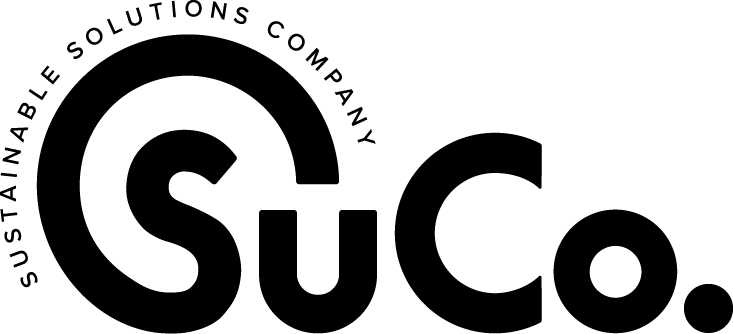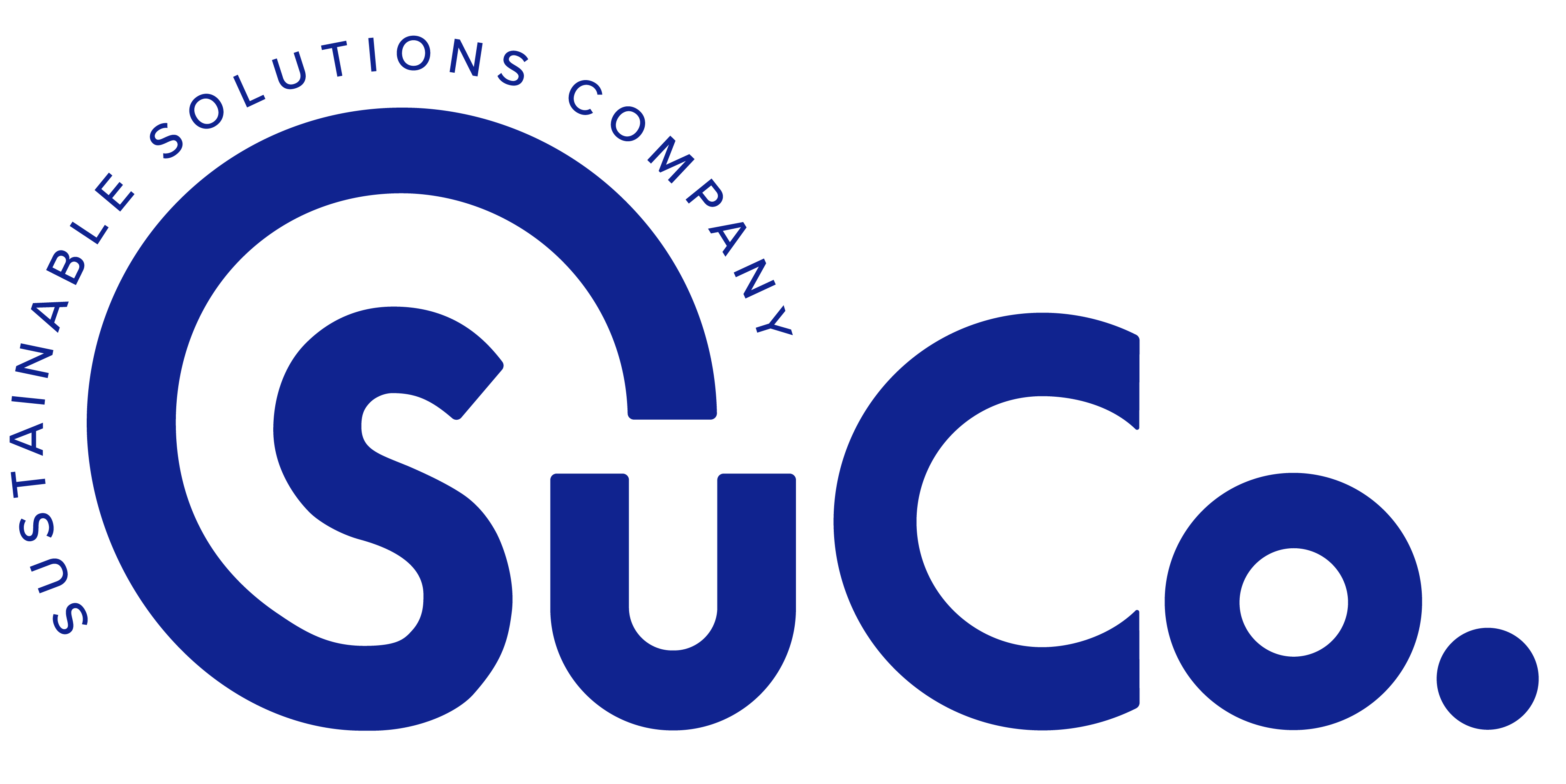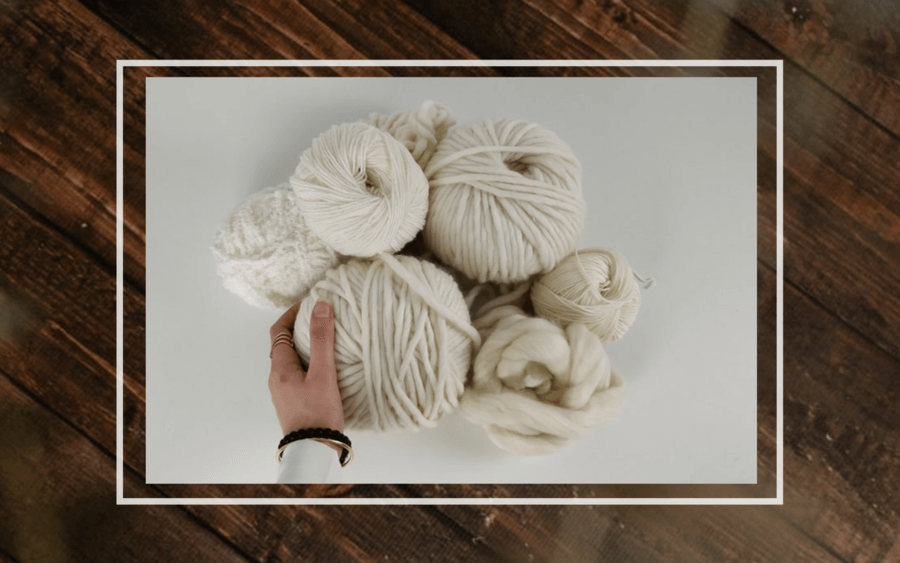Each of us has a responsibility for the world we live in today, will continue living tomorrow, and which will host other generations in the future. One of our responsibilities is to search for ways to change the habits we place in our daily lives in a way that will protect and preserve nature as much as possible. Preferring sustainable alternatives to microfiber is one of them. We can always push our limits harder than before, and do better for nature.
This week, we are going to talk about various sustainable alternatives that can be applied in daily life. If you have your detox flask with you, let's get started!
First of all, plastic pieces smaller than 5 mm, which we call microfiber, spread by mixing with water during the washing of synthetic materials and are included in the ecosystem. It is a fact that natural fabrics do not form microfibers when washed. Therefore, it might be a good idea to take a step towards creating a sustainable and waste-free fashion order as much as possible. How about getting to know the structure of microfibers a little more in order to prefer sustainable alternatives to microfiber?
Microfiber, which is frequently preferred in cleaning materials, especially in the structure of cloths, is a petroleum-based material consisting of a combination of two synthetic polymers. Since they are too small to be seen, they cannot be completely treated in wastewater treatment plants thus, end up accumulating in the ocean. Studies say that these microplastics are found in the bodies of many sea creatures. Since humans are the last link of the food chain, we are directly affected by this situation.

What Are the Sustainable Alternatives to Microfiber?
As the SuCo team, we thought about sustainable alternatives to microfiber, and we would like to share our discoveries with you. From clothing to cleaning products,preferring natural fabrics such as silk, wool, cotton and linen over synthetic materials such as nylon and polyester is one of the biggest steps we can take in this regard. This not only prevents the formation of microplastics, but also significantly reduces the amount of produced carbon dioxide. Products that do not contain any additives and are obtained from completely natural yarns tend to be more durable, hygienic and anti-bacterial.

Kapbula, an organic textile products company for children, is a brand that you can choose to ensure that your child adopts an understanding of sustainable clothing from a young age. Kapbula, whose products are all made of soft, organic cotton fabric, is an environmentalist initiative that uses packaging with recyclable waste paper. While talking about sustainable alternatives to microfiber, let's also say that organic cotton clothes save a lot of water in production!
In addition to the natural fabrics we mentioned above, there are also different fabrics that are being used frequently today and produced by recycling technology with new techniques. Let's introduce them to you right away: bamboo, tencel, linen, hemp, banana and pineapple fibers carry their antibacterial properties to clothes and thus do not cause allergies on the skin. Blends such as cotton-wool, cotton-linen, cotton-hemp will come out soon.
Of course, there are microfiber cloths, which are unfortunately indispensable for many of us in daily cleaning. They are marketed only with their dust-absorbing feature on televisions, but their damage to nature is not mentioned. Yes, they are easier to use and better at cleaning than ordinary cleaning cloths. However, microfiber cloths are made entirely of plastic, and as you can imagine, they release countless fibers into the environment when washed. If you cannot come up with sustainable alternatives to microfiber, here's our recommendation: If you are going to use microfiber, choose it for light cleaning, so you wash it less often. When washing, use cold or warm water so that less microplastics are mixed into the water.

Dish Sponge from Loofah
For those who are looking for a completely eco-friendly alternative to cleaning their house, and are ready to change their habits, we have a great suggestion: a loofah dish sponge! Natural, sustainable and zero-waste sponge produced from the ripe fruits of loofah, can make your work much easier with its hard fibers. You can also use the loofah sponge as a bath scrub after soaking it in hot water.
Another suggestion for a sustainable alternative to microfiber is to use your old cotton t-shirts as a cleaning cloth. Instead of throwing away your old clothes made of natural fabric, you can turn them into reusable cloths for your home. It is in our hands to change and transform in order to protect nature, and continue the search for sustainable alternatives!
You can feel assured of your contribution to the protection of nature since we stand by you as a sustainable solution partner. You can provide many benefits to yourself and our planet thanks to the SuCo flasks.
In this article, we talked about sustainable alternatives to microfiber. You can reach our previous article from the link https://suco.uk/blogs/news/the-climate-is-changing-are-you-changing





Leave a comment
This site is protected by hCaptcha and the hCaptcha Privacy Policy and Terms of Service apply.